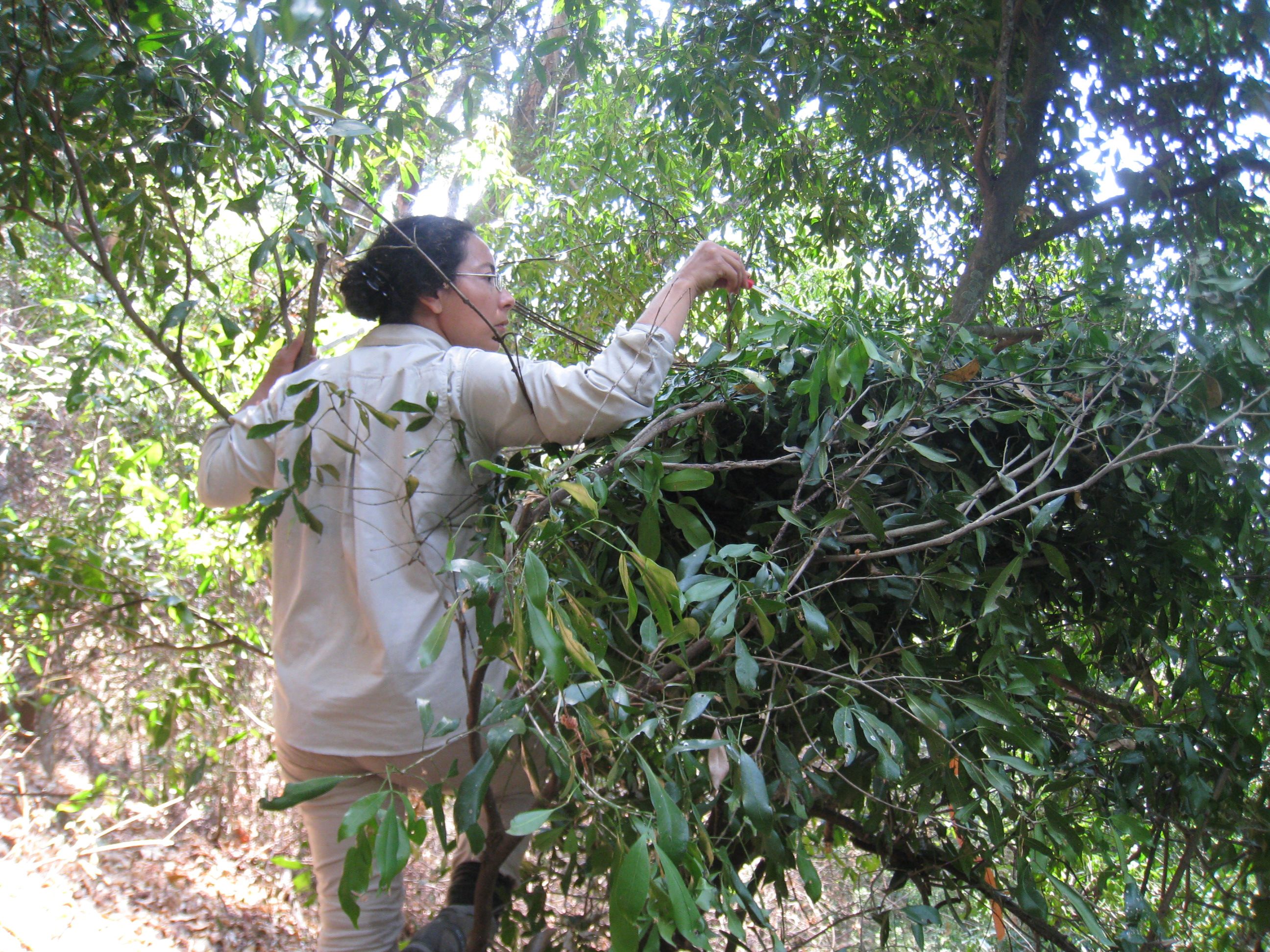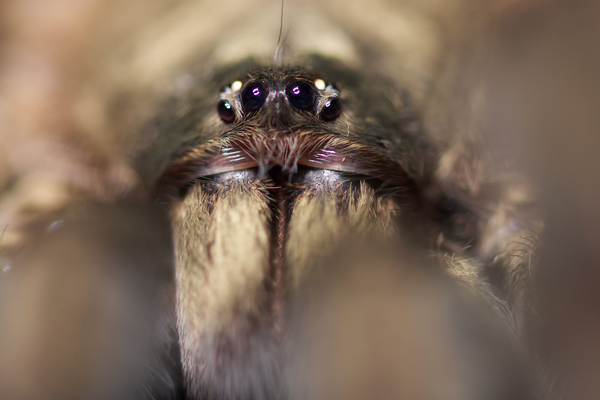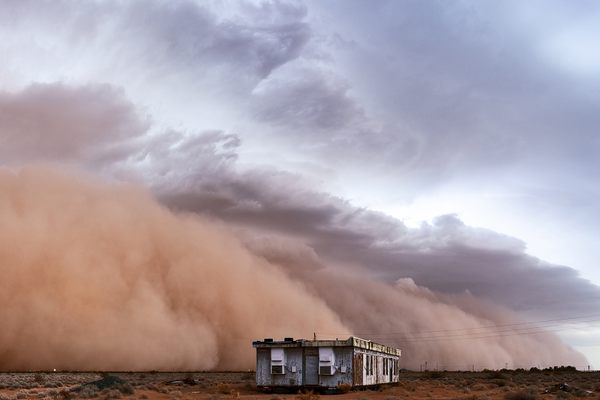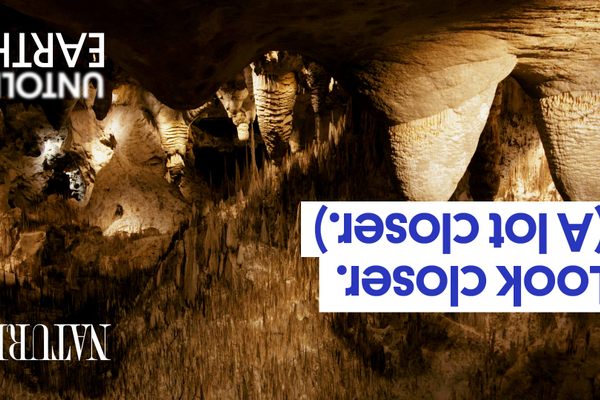Is a Chimpanzee’s Bed Cleaner Than Yours?
Maybe it’s best not to think too much about what’s in your bed now.

Our bedrooms feel like cozy, tidy cocoons, insulated from the outside world. But they have ecosystems all their own, teeming with bacteria and other microscopic life, both from the body’s resident biome and from what we bring in with us from beyond the threshold. The chimpanzee equivalent of a bedroom is an aerie—a woven nest of branches and leaves in a tree. Recently, a group of researchers led by Megan S. Thoemmes, a graduate student in ecology at North Carolina State University, wanted to know whether their bedrooms are any tidier, microbially speaking, than human ones.
To find out, they studied 41 abandoned chimpanzee beds in the Issa Valley, in western Tanzania. (Chimps spend a single night in a nest before moving on to another, and it’s best not to disturb them when they’re up there.) The researchers swabbed for microbes, and sucked arthropods, such as spiders or mites, up with a vacuum.

The authors had assumed that the chimps’ beds would follow a pattern similar to human ones—less diverse than the surrounding environment, and liberally sprinkled with microbes and organisms from the chimps’ bodies. (Previous studies on the microbiome of human bedrooms estimate that 35 percent of the microbes on our pillows and sheets come from our mouths, skin, or gut.) The data, published today in Royal Society Open Science, tell a different story. Those types of microbes account for only 3.5 percent of what they found. “We also expected to see a significant number of arthropod parasites, but we didn’t,” Thoemmes said in a statement. “There were only four ectoparasites found, across all the nests we looked at. And that’s four individual specimens, not four different species.”
The researchers suspect that this could be due to a number of factors, including what they dub the chimps’ “toilette hygiene,” a combination of fastidious grooming practices and good aim. Chimps might be plucking mites or other arthropods off their bodies before they bed down, and are probably careful to poop off the side. A single night is also a comparatively short time to spend in a bed. Humans are more likely to plop down in the same place night after night, and we aren’t always great about washing our sheets.
This finding prompted the researchers to think about the time when early humans made the move indoors. Chimpanzees’ nests don’t look dramatically different than neighboring leaves or the forest floor. While it’s almost impossible to seal a room against anything and everything, we have created any number of distinct microbial worlds—beds are different than sidewalks, which are different than the walls of the bar down the street. Our walled-in spaces are just a different kind of wild.



















Follow us on Twitter to get the latest on the world's hidden wonders.
Like us on Facebook to get the latest on the world's hidden wonders.
Follow us on Twitter Like us on Facebook